Think about your favorite song. Maybe it's by...
Ed Sheeran, Taylor Swift, or Bad Bunny?
Whoever wrote that song, it had to pass through an audio engineer before it got to your ears!
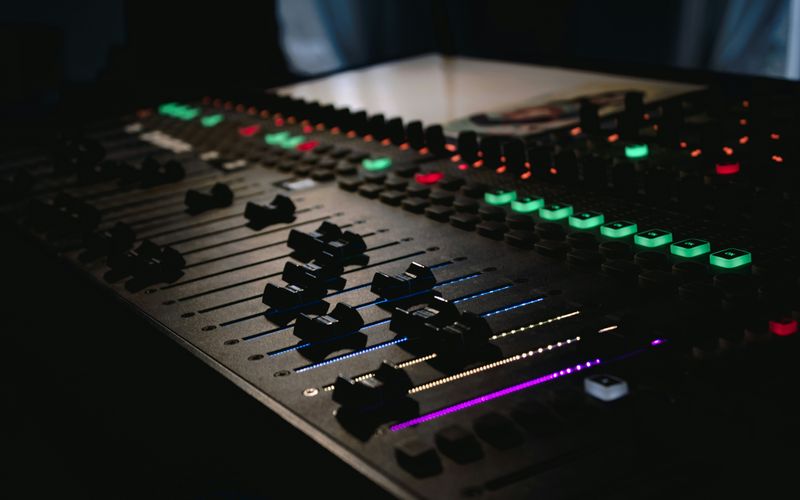 Photo by James Kovin on Unsplash
Photo by James Kovin on UnsplashDo you think you would enjoy being an audio engineer? If you want to be a part of the music-making process, this could be the career for you!
What they do & don't
Audio engineers do...
Record other people's music
Accomplish the musical visions of others
Control soundboards that edit volume, tone & effects
Operate programs to sculpt recorded music
Audio engineers don't...
Write the music that's being recorded (that's a musician)
Control the big picture of a song or album (that's a producer)
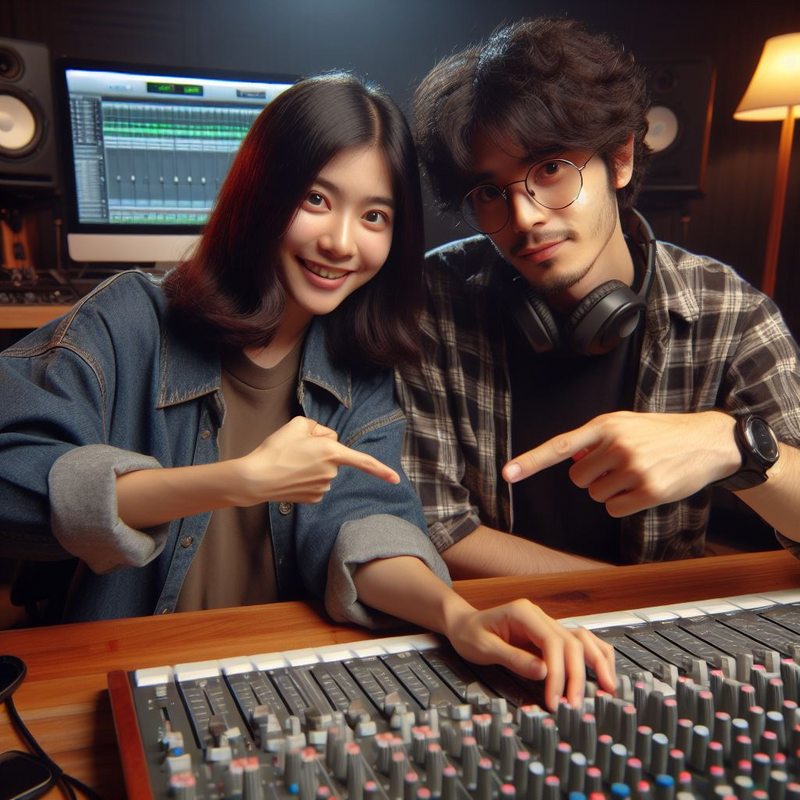 Image created by the author using Microsoft CoPilot AI
Image created by the author using Microsoft CoPilot AI
Most roles in the music industry (audio engineers, musicians, producers, composers) do still need to know a lot of the same information, like how sounds works and the best way to capture it. But, the day-to-day duties of each role will look very different.
Quiz
If you want to have total creative control over a project, should you be an audio engineer?
What does a day in the life of an audio engineer look like?
Days start with setting up. You make sure microphones, stands, wires, and stations are all in place and ready to go!
Then you'll work with other creative people to create high-quality music. You'll need to use your understanding of acoustic physics (the science of noise), available gear, and creativity to capture the perfect sound.
Your role will differ whether you're engineering in a studio setting or live experience.
In the studio...
You record multiple takes of different tracks in order to make a song using a DAW (digital audio workstation).
In a live setting...
You set up microphones & audio equipment and then monitor and make adjustments during a performance to achieve the ultimate mix.
As an audio engineer, every day is different from the last. Some days are short and simple while other days, you could be working long into the night.
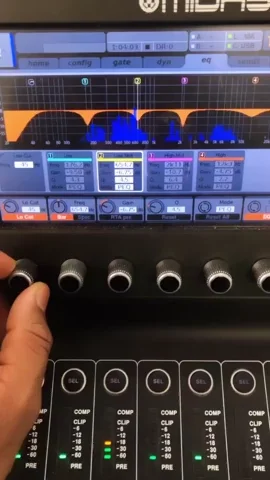
Career snapshot
Audio engineers on average earn $60,000 in the U.S. Some make less, around $35,000, and those with the most experience can make up to $130,000!
Many audio engineers choose to get a degree through a large school that offers the right program or a smaller tech school that focuses on things like audio engineering.
The US Bureau of Labor Statistics reports that careers in this field will grow as fast as the average for all jobs, with almost 13,000 new openings each year.
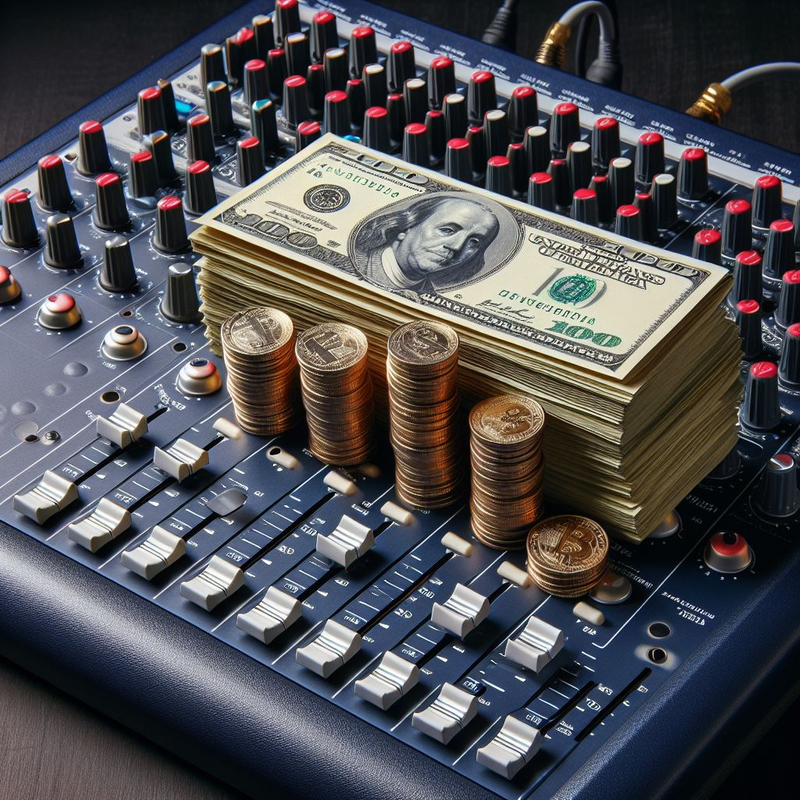 Image created by the author using Microsoft CoPilot AI
Image created by the author using Microsoft CoPilot AI
You would love being an audio engineer if...
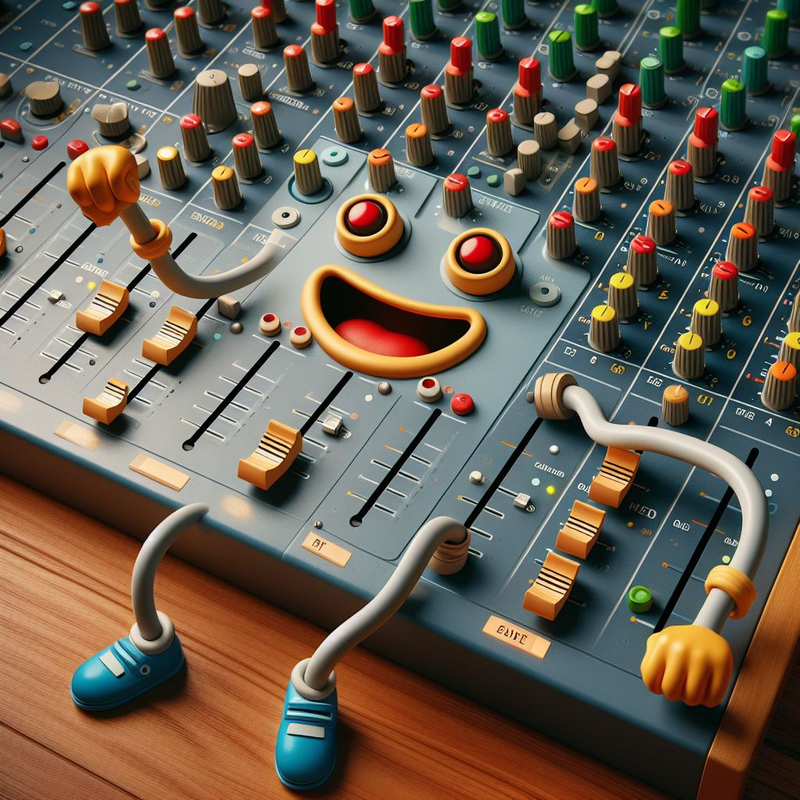 Image created by the author using Microsoft CoPilot AI
Image created by the author using Microsoft CoPilot AI
Creativity & a technical mindset
An audio engineer needs to understand the physics of sound in order to help artists create masterpieces. They need to cleverly find ways to execute the goals of musicians.
Patience
An audio engineer has to work with musicians who could be difficult to work with. Recording music also includes multiple repetitive takes that only have slight differences.
Diligence & reliability
It's up to the audio engineer to show up on time and prepare the studio. They need to understand all the hardware and software being used.
You would hate being an audio engineer if you...
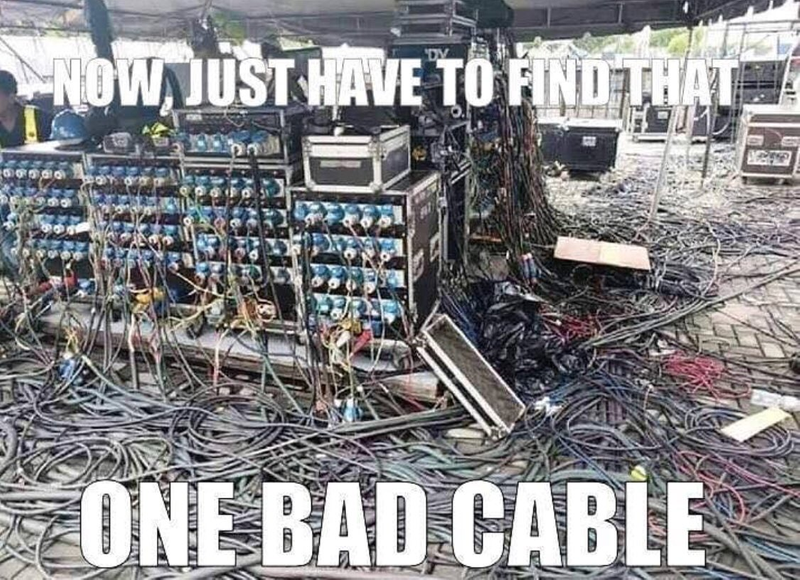
Aren't well organized
Audio engineers need to meticulously catalog all the equipment they use (microphones, stands, wires, and more). They also need to precisely organize digital files and backups.
Aren't interested in music theory & acoustic science
An audio engineer has to understand how tones work and function together on top of being able to manipulate that sound in a space.
Don't enjoy different types of music
An audio engineer has to work with music they might not enjoy. Telling a musician, "Your music sucks!" while recording isn't going to be good.
Take Action
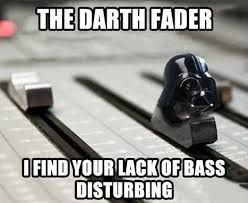
If you want to be an audio engineer, you can start practicing the necessary skills by editing music using a Digital Audio Workstation (DAW).
Some DAWs with free trials include:Ableton Live, FL Studio, and Pro Tools.
Your feedback matters to us.
This Byte helped me better understand the topic.


